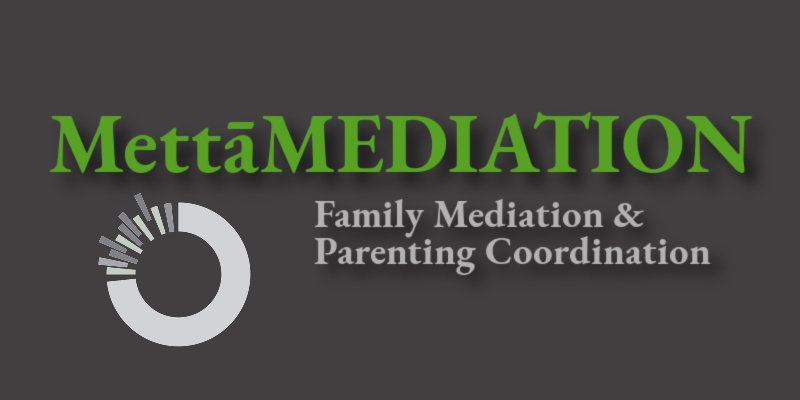Mediating Financial Issues - “What does the mediator need from me?”
Family mediation can address a variety of issues arising out of a separation. This includes “finances” and here, the reference can mean support, as in child and spousal support, or assets and debts (and how to address them once separation takes place). When you come to a family mediator to talk about any of these topics, you need to come prepared for the dialogue. More than that, you need to give the mediator tools with which to try and resolve the dispute. Let’s consider these tools in more detail.
SUPPORT ISSUES - CHILD AND SPOUSAL SUPPORT
When the issue of support is raised in the context of a separation, basic questions will need to be asked and answered, including the following:
who is asking for support?
who is actually entitled to the support being requested, and who will be receiving it?
what is the legal basis of the entitlement to support?
who will be paying this support, for how long and in what amount?
what is the legal basis for the payor’s obligation(in other words, why do they have to pay the support?)
how will the support payments be treated for tax purposes (will they be taxable or tax deductible and if so, by whom)?
….and others
It is not uncommon for me to hear the following: “..but why do I need a lawyer for mediation? are these issues not simple? Our child is under 18 and so child support must be paid.” OR “He is the man so he has to pay me spousal support, isn’t that right?” In fact, neither of the scenarios presented are “givens” for support, and there may be legal issues involved of which you are not aware. THAT is the reason you need legal advice. But back to the initial question, posed in the title - when you come to family mediation, you need to bring with you, and provide to the mediator in advance, tools that will help in answering the questions posed above. What are those tools? For example, in the case of support, Income Tax Returns and Notices of Assessment, a list of the children’s section 7 expenses and related invoices/receipts, if possible SupportMate calculations showing the financial impact of any payments on both the payor’s and the recipient’s households, paystubs, other proof of income if the payor is not a T4 employee, information about school enrollment and/or medical issues a child/young person may be facing. As you can hopefully see, there is a broad range of documentation the parties, their lawyers and the mediator will need to tackle support issues - all with a view to answering with the best degree of reliability possible the questions posed above.
DEALING WITH ASSETS AND DEBTS ON SEPARATION - for both married and common-law spouses
Generally-speaking, once a married couple separates in Ontario, their assets and debts will be equalized based on the equalization formula of the Family Law Act. For common-law spouses, the situation may be more complicated since the equalization formula only applies in cases involving a marriage. Here, trust principles may come into play. In both cases, addressing both assets and debts on separation will involve the exchange of extensive disclosure to back up the values of assets and balances of debts, on separation and subsequently. In the case of married couples, and based on the equalization formula, assets and debts at marriage, and any “excluded property” will also have to be proven. Often, the strength/weakness of a party’s case depends on their ability or inability to prove their position as to an asset or debt, or how it was treated during the relationship. It is helpful for the mediator to know about such strength and weaknesses, and for this reason, providing the supporting evidence to the mediator in advance can help him or her assess each party’s case.
Summary: The more prepared you are in advance of the mediation, the better. Let’s take a further step: - providing to the mediator in advance the documents on which you will be relying in support of your positions and interests at the mediation is an essential step. Doing so will increase chances of a successful dialogue and overall settlement. Give the mediator tools with which to build bridges.
If you have any questions about our mediation services, please contact Carolyn and she will answer them for you.
©AJJakubowska

